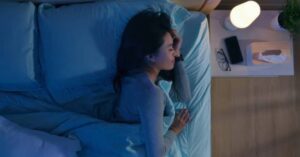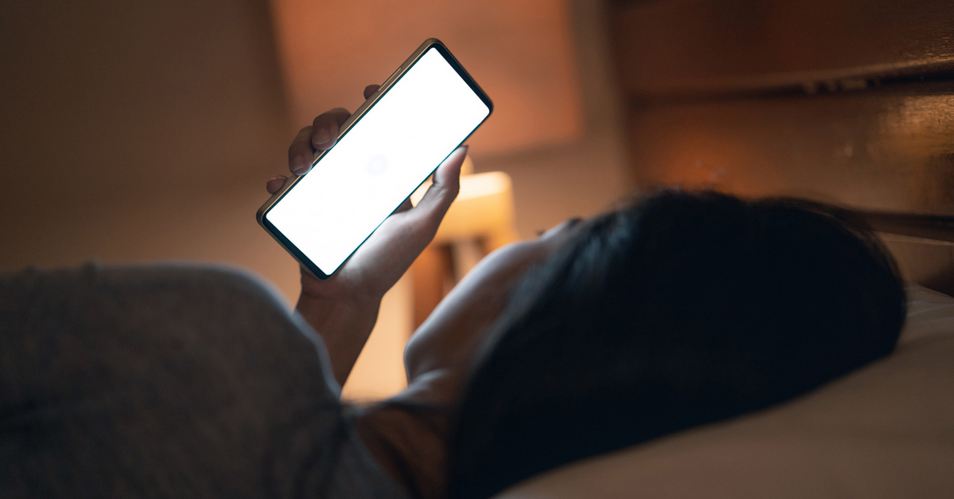We spend most of the day in artificially lit rooms and also looking at different screens every day. Such a thing might confuse our internal clock more than we’ve imagined.
A new study explains how artificial light might affect our sleep quality and how our circadian rhythm is changed. Should we worry?
Here is what you need to know.
Artificial Light Can Trouble Our Sleep
The circadian rhythm, also known as our “body clock,” is found in the hypothalamus.Â
That area of our brains can release melatonin, a hormone responsible for our sleep (aka the sleep hormone). According to researchers, our body clock has a unique rhythm, but it can also adjust in response to light. How is that possible?
Prof. John Axelsson from the Karolinska Institute explains everything.
He states:
“[…] master clock has a near 24-hour intrinsic rhythm and is very sensitive to light around dusk and dawn, so to fine-tune the circadian system; which allows the system to be dynamic and adapt to the seasonal changes in the duration of day and night.”

Technology influence our body clock
As previously mentioned, our body clock can influence melatonin levels a lot.
Many studies have explained that artificial, bright light suppresses melatonin, causing different sleep patterns, and there is enough evidence to support this.Â
According to Western Australia University research, 1.5 hours or even more of looking at a bright screen can significantly lower the natural nighttime melatonin. And that can affect us for multiple nights.
How about sleep patterns
Unfortunately, researchers didn’t cover yet how the decreased melatonin levels can affect our sleep quality. However, many studies discuss technology use and sleep quality and how much it takes us to fall asleep.
Back in 2014, for instance, researchers compiled different ideas and findings of a correlation between sleep and screen time and published a paper. The results were genuinely intriguing.
According to that study, average participants who read actual books fell asleep 10 minutes before the e-book readers.
Dr Cele Richardson from Western Australia University explains:
“[…] technology use may affect sleep over time, yet individuals who have trouble sleeping may subsequently increase their technology use.”
Scientists still need to figure more things out, especially how really does artificial light change our body clock, including the time it takes us to fall asleep, and more.












Leave a Reply